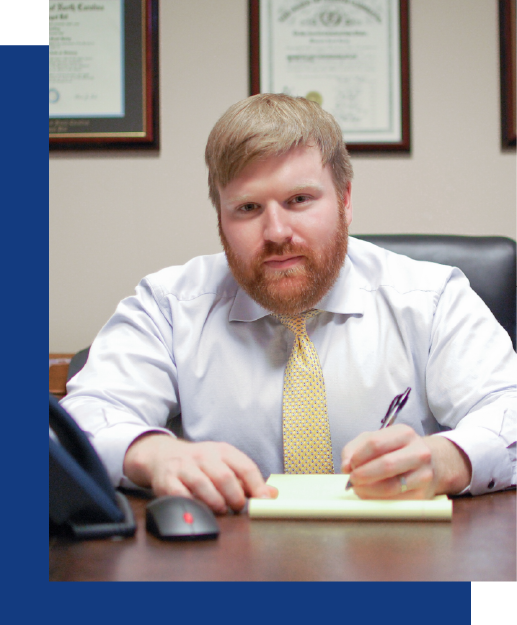Employer Liability for Workplace Sexual Harassment
Apr 20, 2021
No worker should have to endure sexual harassment on the job and no employer should be allowed to enable this unacceptable behavior. Workers have protections under the law against unlawful harassment, including harassment regarding their race, gender, age, religion, and sex. Not only can they hold the individual who harassed them responsible, but they can also hold their employer responsible for allowing the harassment to occur or continue.
Do I fall under federal or North Carolina state law?
North Carolina workers are protected from workplace sexual harassment under both federal and state law. If an employer has more than 15 employees, the employer will be subject to Title VII – a federal statute that prohibits the discrimination and/or retaliation or harassment of an employee for a protected characteristic such as race, gender, age, religion, and sex. If an employer has fewer than 15 employees, the employer is not subject to Title VII, however, employees may still be allotted protection under North Carolina state law.
What is Workplace Sexual Harassment?
According to the United States Equal Employment Opportunity Commission, sexual harassment occurs when there are unwelcome sexual comments, behaviors, requests for favors, or sexualized physical contact and:
- An individual feels pressured to allow the advances to remain employed; or
- Employees who don’t submit to such advances are denied promotions or other benefits; or
- The sexualized environment creates an intimidating or hostile workplace or interferes with the ability of the employee to perform her job.
Under North Carolina state law, workplace sexual harassment occurs when the harassment is:
- Because of sex;
- Severe and pervasive such that it affects the victim’s employment;
- Unwelcome; and
- The fault of the employer due to employer knowledge of the harassment or a failure to act upon notice of the harassment.
When an employee is sexually harassed by a supervisor and that behavior results in negative employment action such as termination, failure to hire or promote, demotion, or lost wages, the employer may be liable for the behavior. However, if an employee is harassed by a non-supervisory employee or non-employee who is under the employers’ control, it must be shown that the employer knew or should have known about the harassment and failed to act quickly and properly by taking appropriate remedial measures.
What Are Employer Defenses to Liability?
Employers can also escape responsibility for sexual harassment that occurred in their workplace if they can show either of the following:
- The employer reasonably tried to prevent and correct the harassing behavior; or
- The worker unreasonably failed to take advantage of preventative or corrective opportunities (for example, not reporting the harassment to human resources and a supervisor).
I’ve been sexually Harassed. What Should I Do Now?
Employers will try to avoid liability whenever possible. Therefore, your first step should be contacting an attorney who can help you through this difficult time with compassion and tenacity. The Raleigh sexual harassment lawyers at Edwards Kirby attorney can assist you through every step of your case. We have over 170 years of legal experience on our team and have a proven track record for holding employers responsible when their workers are treated unfairly.
How Do I Report the Harassment and How Do I Preserve My Claim?
Whether under federal or state law, employers can be held liable when they fail to reasonably prevent sexual harassment in the workplace or allow harassment to continue after being notified of the behavior. When sexual harassment occurs, it is imperative that victims report the harassment to their human resources department or supervisor and document the incident. Failing to promptly report the harassment may give employers an out.
If an employee is interested in pursuing a claim under Title VII, before filing the suit, the employee must also report the behavior to the EEOC through an official Charge of Employment Discrimination Complaint, in addition to reporting the harassment internally with the employer.
(step-by-step guide available here: https://www.eeoc.gov/how-file-charge-employment-discrimination)
Again, to ensure your claim is preserved and to give your case the best possible chance of success, it is essential that you contact an attorney as soon as you are able. Edwards Kirby attorneys are here to listen to your story with compassion, support you through the legal process, and fight vigorously for rights and vindication. If you have been the victim of sexual harassment or assault in the workplace, contact our office today.
Related Posts
Sep 07, 2023
Apr 13, 2023

We’re Here to Help
Call 919-780-5400 or fill out our online form to request a free consultation. You won’t pay unless we win!